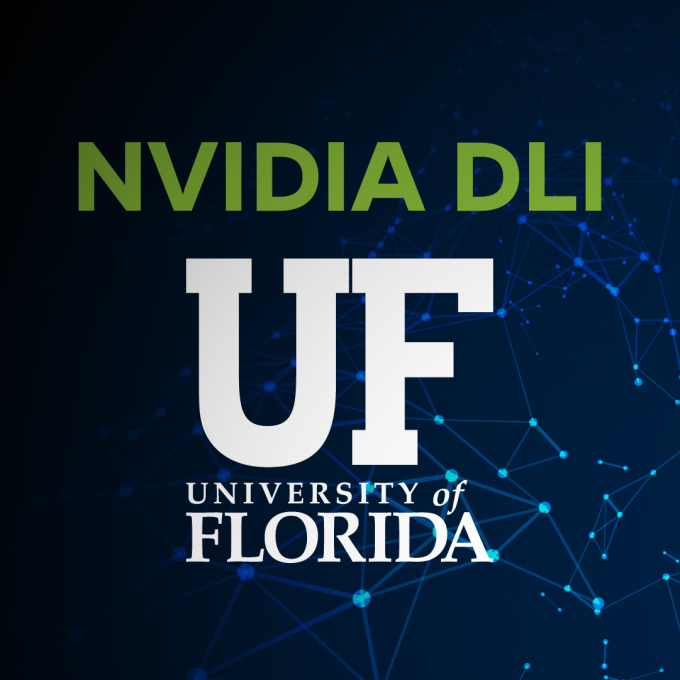Basic biology textbooks will tell you that all life on Earth is built from four types of molecules: proteins, carbohydrates, lipids, and nucleic acids. But what if we could actually show that these “molecules of life,” such as amino acids and DNA bases, can be formed naturally in the right environment? Researchers at the University of Florida are using HiPerGator – the fastest supercomputer in U.S. higher education – to test this experiment.
“Our previous success enabled us to use Machine Learning and AI to calculate energies and forces on molecular systems, with results that are identical to those of high-level quantum chemistry but around 1 million times faster,” said Adrian Roitberg, Ph.D., a professor in UF’s Department of Chemistry who has been using Machine Learning to study chemical reactions for six years. “These questions have been asked before but, due to computational limitations, previous calculations used small numbers of atoms and could not explore the range of time needed to obtain results. But with HiPerGator, we can do it.”
HiPerGator – with its AI models and vast capacity for Graphics Processing Units, or GPUs (specialized processors designed to accelerate graphics renderings) – is transforming the molecular research game. Until a decade ago, conducting research on the evolution and interactions of large collections of atoms and molecules could only be done using simple computer simulation experiments; the computing power needed to handle the datasets just wasn’t available. Read the full press release here.
UFIT Senior Director Erik Deumens explained how this full takeover of HiPerGator was possible:
“HiPerGator has the unique capability to run very large ‘hero’ calculations that use the entire machine, with the potential to lead to breakthroughs in science and scholarship,” Deumens said. “When we found out about the work Dr. Roitberg’s group was doing, we approached him to try a ‘hero’ run with the code he developed.”
Researchers interested in discussing using HiPerGator for hero calculations are welcome to contact Dr. Deumens.











